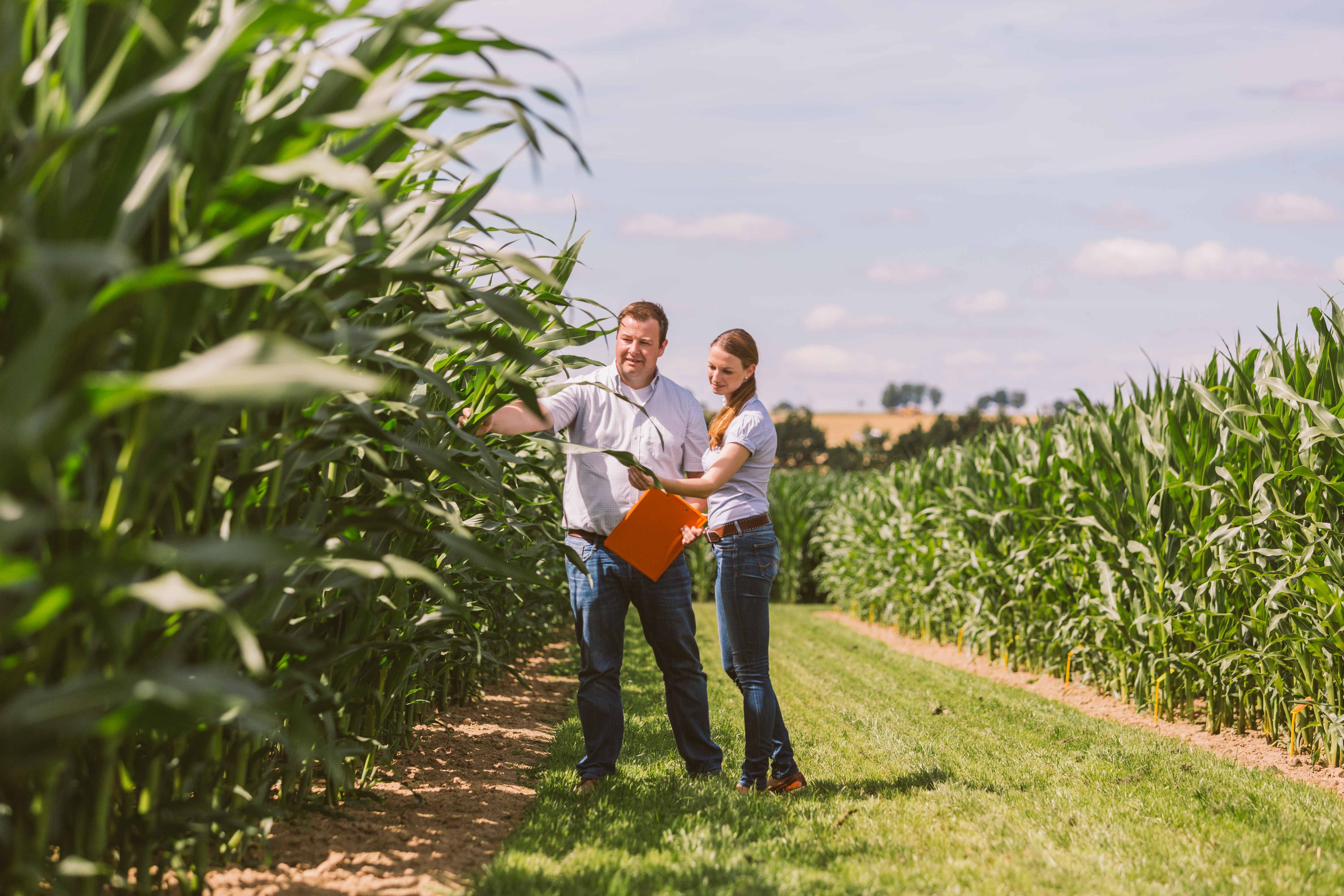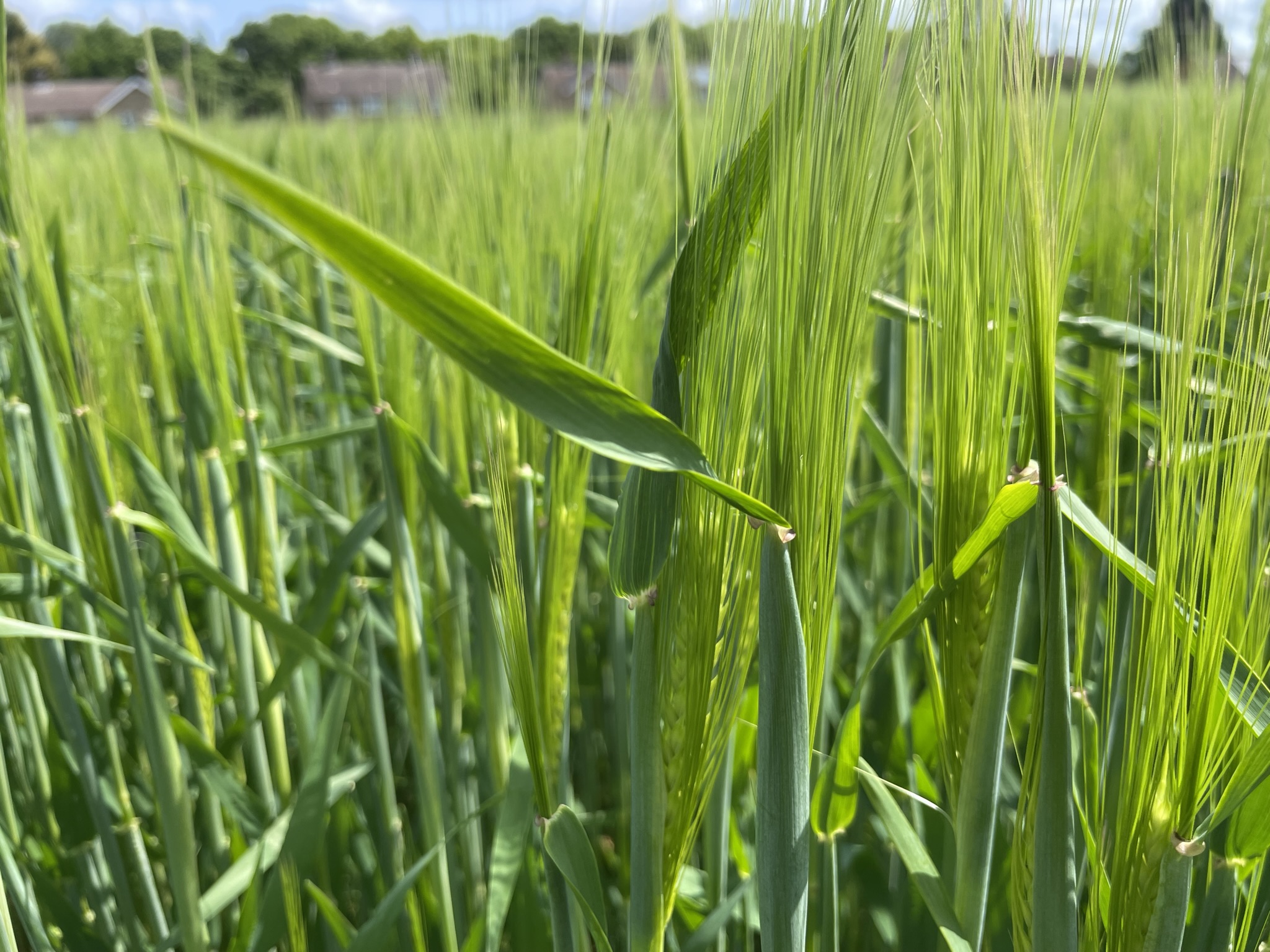KWS Hybrid Barley – #NextLevel
We took a closer look at your needs and created a game changer.
Hybrid barley is your way to higher yield, greater resilience, and enhanced grassweed suppression.
The challenges ahead demand a game changer.
Across the UK farmers face multiple challenges, ranging from seed shortages to some of the most diverse climate conditions faced for several years.
Wet harvests have resulted in less crop at harvest and in turn, less revenue for the grower. There’s also the continuously changing political and economic climates that farmers have to navigate.
Our solution: we've extended our portfolio, crossing two genetically different parent lines to create a hybrid game changer. This is an evolutionary next step in breeding at KWS.
What are the benefits of hybrid barley?
Yield Potential
Hybrid barley typically exhibits higher yield potential compared to open-pollinated varieties, resulting in increased productivity.
Uniformity
Hybrids tend to display greater uniformity in terms of plant height, maturity, and other agronomic traits, making them easier to manage and harvest.
Improved Resilience
Hybrid root systems are significantly larger than those of conventional varieties providing a larger surface area to scavenge nutrients, access water from the soil and provide anchorage for the crop.
Excellent Vigour
Hybrid vigour gives superior competitiveness and excellent suppression of grassweeds compared to conventional barley or winter wheat.
Early Maturing
Hybrid barley varieties give an opportunity for an early drill timing for OSR or to help with harvest workloads and storage logistics.
Genetic Improvement
Continual breeding efforts with hybrid barley can lead to the development of new varieties with improved traits, keeping pace with evolving agricultural challenges and market demands.
A closer look at hybrid breeding:
To breed hybrid seeds, two homozygotic, but as genetically different as possible, parental lines are crossed with each other. Because of the heterosis effect, the resulting heterozygous offspring (“hybrids”) are much more productive than both parents, so higher yields result.
The hybrid vigour makes plants bigger, more fruitful and more resilient than their parental lines. However, it is maintained only for one generation.
Hybrid breeding is used worldwide for many crops. Within KWS we use it for corn, sugarbeet, oilseed rape, rye, sorghum, sunflowers and now also for barley.
Expert knowledge of farming, from sowing to harvesting
From sowing to harvesting, KWS advises you on important agricultural issues. In addition to our useful tools and calculators, we have combined our expert knowledge and experience with sowing, plant growth management or harvesting to support you in your decision-making.
Continue reading
Your consultants









